Space Valley
The entire region from the Greater Zurich Area to the Rhine Valley offers excellent conditions for the infrastructure and value chains of the New Space Economy and the New Space Stations, thanks to strategies that are widely supported among the citizens, providing decades of political planning security.
The term "Valley" comes from the geographical location of the economic region, which is bordered by the Uri, Schwyz, Glarus, and Appenzell Alps and also includes the Lake Constance region with parts of Baden-Württemberg and Bavaria and Vorarlberg in Austria. This region is ideally positioned for the New Space Economy, as it offers locational advantages that are unique in their combination and underscore Switzerland's excellent position in the global site comparison:
In the Space Valley, Liechtenstein offers further unique locational advantages in the Space Economy that enable strategic positioning in the European space. Its geographical location in the heart of Europe and proximity to thriving centers like the Lake Constance region, Munich, and Zurich, make the country well-connected. The customs union with Switzerland and membership in the European Economic Area (EEA) also secure access to two significant economic areas. Liechtenstein is distinguished by an innovative and entrepreneurial economy, with large companies and SMEs that have competencies in key areas such as digitalization and technology development. A competitive tax system offers stability and planning security to internationally active companies. The flexible and space-experienced administration allows efficient processes and quick approval procedures through the Space Act, creating an attractive environment for companies in the space sector.
